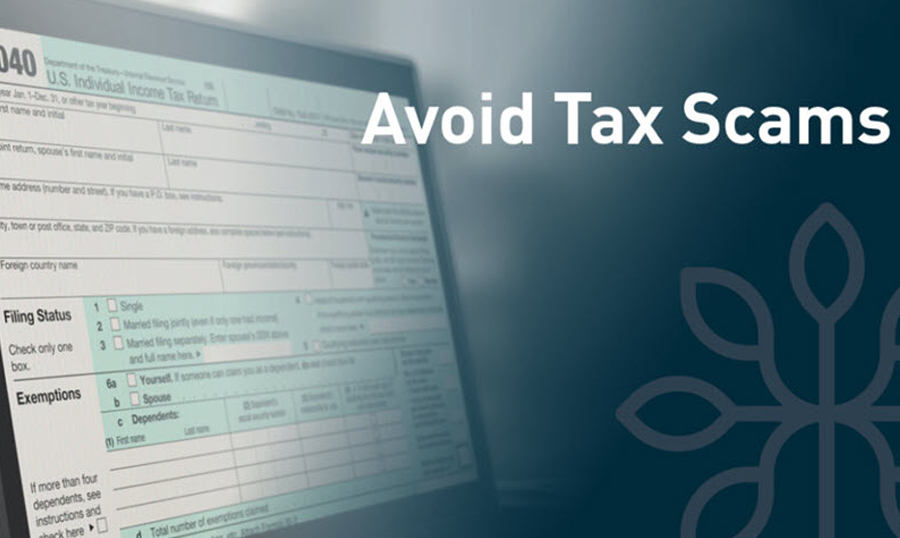The Internal Revenue Service wrapped up the annual Dirty Dozen list of tax scams for 2023 with a reminder for taxpayers, businesses and tax professionals to watch out for these schemes throughout the year, not just during tax season.
Many of these schemes peak during filing season as people prepare their tax returns. In reality, these scams can occur throughout the year as fraudsters look for ways to steal money, personal information, data and more.
Phishing and Smishing
Taxpayers and tax professionals should be alert to fake communications from those posing as legitimate organizations in the tax and financial community, including the IRS and the states. These messages arrive in the form of an unsolicited text (smishing) or email (phishing) to lure unsuspecting victims to provide valuable personal and financial information that can lead to identity theft. The IRS initiates most contacts through regular mail and will never initiate contact with taxpayers by email, text or social media regarding a bill or tax refund.
Online account help from third-party scammers Swindlers
These types of scams pose as a “helpful” third party and offer to help create a taxpayer’s IRS Online Account at IRS.gov. In reality, no help is needed. The online account provides taxpayers with valuable tax information. But third parties making these offers will try to steal a taxpayer’s personal information this way. Taxpayers can and should establish their own online account through IRS.gov.
If you are looking to protect your data and information, Coastal PC Support employs a number of protective measures to protect our clients from these scams. If you have any concerns or questions please let us know.
IRS wraps up 2023 Dirty Dozen list; reminds taxpayers and tax pros to be wary of scams and schemes, even after tax season
The Internal Revenue Service (IRS) has completed its annual “Dirty Dozen” list for 2023, which highlights the top tax scams and schemes that taxpayers and tax professionals should watch out for. These fraudulent activities can occur at any time of the year and target unsuspecting individuals with the goal of stealing personal and financial information or obtaining money through illegal means. Some of the common schemes on the list include phishing scams, identity theft, and fake charities. The IRS reminds taxpayers to be cautious and to verify the legitimacy of any communication or request for personal information they receive, especially those that involve unexpected or unsolicited requests for payment.
